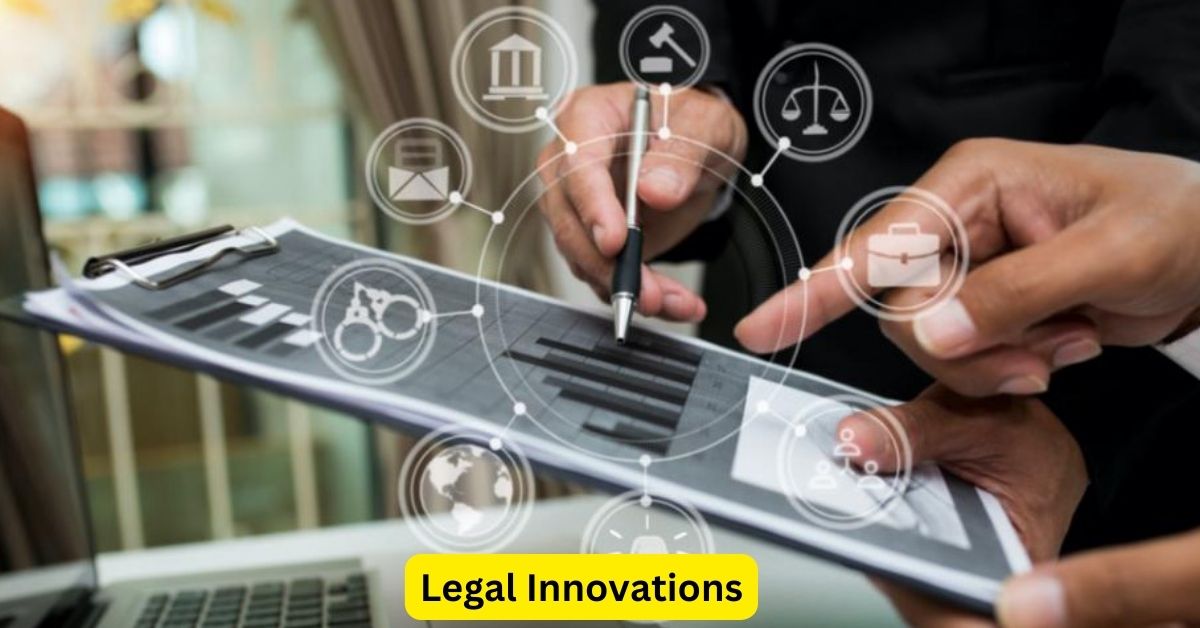Technology has revolutionized virtually every industry, and the legal profession is no exception. Attorneys are increasingly leveraging technological innovations to enhance efficiency, improve client service, and streamline legal processes. Here’s a look at how attorneys are adapting to technology and embracing legal innovations.
Electronic Discovery and Case Management
One of the most significant impacts of technology in law practice is electronic discovery (e-discovery). Attorneys use advanced software and tools to efficiently process, review, and analyze large volumes of electronic documents and data relevant to legal cases. This capability not only speeds up the discovery process but also enhances accuracy and reduces costs associated with document management.
Cloud Computing and Virtual Collaboration
Cloud computing has transformed how attorneys manage and access case-related information securely from anywhere with internet connectivity. Law firms use cloud-based platforms for document storage, case management, and collaboration among team members and clients. Virtual meetings and video conferencing tools facilitate real-time communication, enabling attorneys to connect with clients, co-counsel, and stakeholders globally.
Artificial Intelligence and Legal Research
Artificial intelligence (AI) technologies have revolutionized legal research and analysis. AI-powered platforms can quickly sift through vast databases of case law, statutes, and legal documents to identify relevant precedents, trends, and insights. This enhances the efficiency of legal research, enables attorneys to provide more informed advice to clients, and supports strategic decision-making in litigation and transactional matters.
Online Legal Services and Access to Justice
Technology has democratized access to legal services through online platforms and legal service providers. Attorneys and legal professionals collaborate with tech startups to develop innovative solutions that improve access to justice, offering affordable legal advice, document preparation services, and alternative dispute resolution mechanisms online. These initiatives aim to bridge the gap in legal representation for underserved communities and individuals.
Cybersecurity and Data Privacy
As technology adoption increases, cybersecurity and data privacy have become critical concerns for attorneys. Law firms invest in robust cybersecurity measures to protect sensitive client information, comply with data privacy regulations, and mitigate risks associated with cyber threats and data breaches. Attorneys educate themselves and clients on best practices for safeguarding confidential information in an increasingly digital environment.
Blockchain and Smart Contracts
Emerging technologies like blockchain have implications for contract law and transactional practices. Attorneys explore the potential of blockchain technology to facilitate secure and transparent transactions, automate contract execution through smart contracts, and ensure compliance with contractual terms using decentralized ledger systems. This innovation promises to streamline business operations and reduce disputes over contract interpretation.
Continuing Education and Technological Literacy
To effectively harness legal innovations, attorneys engage in continuous learning and development of technological literacy. They participate in training programs, webinars, and seminars focused on emerging technologies, cybersecurity, and ethical implications of technology in legal practice. This commitment to ongoing education ensures attorneys remain adept at leveraging technology to deliver efficient, effective, and client-focused legal services.
Conclusion
Technology continues to transform the practice of law, empowering attorneys to adapt, innovate, and enhance the delivery of legal services. By embracing electronic discovery, cloud computing, AI-powered legal research, online legal services, cybersecurity measures, blockchain applications, and ongoing technological education, attorneys position themselves to meet the evolving needs of clients, navigate complex legal landscapes, and uphold the principles of justice and efficiency in the digital age. Legal innovations not only improve operational efficiency but also expand access to legal services and drive positive change in the legal profession.

